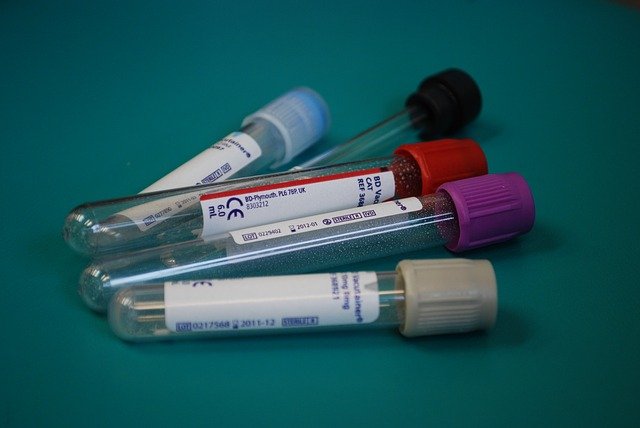
In a new study, researchers developed a cutting-edge blood test for post-traumatic stress disorder or PTSD.
The test can accurately identify people who are at risk of stress disorders or are experiencing them severely.
The research was led by Indiana University School of Medicine researchers.
Previous studies have shown that PTSD is a mental health problem that affects a lot of veterans, especially people who were involved in combat.
Common people who have experienced abuse, rape, violence or accidents may develop PTSD, too.
PTSD can increase risks of other behavior problems, such as addictions, suicide or violence.
In the current study, the team focused on gene expressions in the blood. They started with the entire genome, which has over 20,000 genes.
The researchers tracked more than 250 veterans in over 600 visits at the Richard L. Roudebush VA Medical Center in Indianapolis.
During these visits, the veterans were tested in both low- and high-stress states.
The team tried to identify molecules in the blood that could help track stress intensity.
Based on the blood sample tests, they narrowed the study’s focus down to 285 individual biomarkers (related to 269 genes) that can help effectively diagnose patients with PTSD.
These biomarkers can also determine the severity of their stress and predict future hospitalizations.
After that, the researchers compared these PTSD biomarkers with other well-known markers of stress and aging, including telomere length.
This helped them find new medications and natural substances to treat stress disorders in patients.
The researchers suggest that their test can accurately diagnose military veterans and other people who experience PTSD.
It could be life-changing for people who have been exposed to or are about to enter high-stress environments.
The test also allows doctors to classify people based on their current severity or risk for future stress disorders.
It may help develop more personalized treatments and prevention for PTSD.
The leader of the study is psychiatry professor Alexander Niculescu, MD, Ph.D.
The study is published in Molecular Psychiatry. It was supported by an NIH Director’s New Innovator Award and a VA Merit Award.
Copyright © 2019 Knowridge Science Report. All rights reserved.



